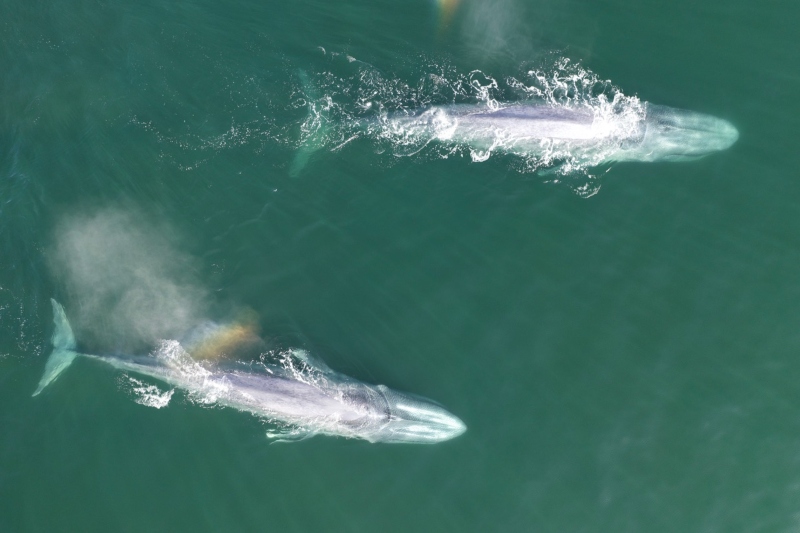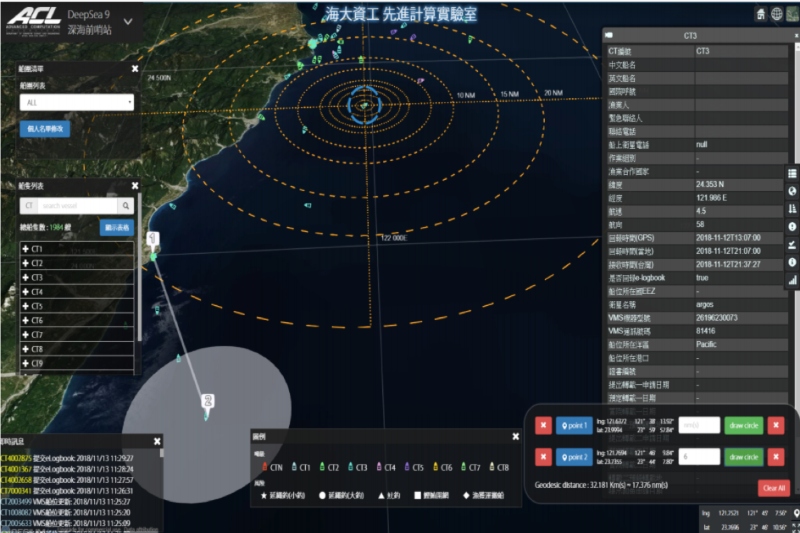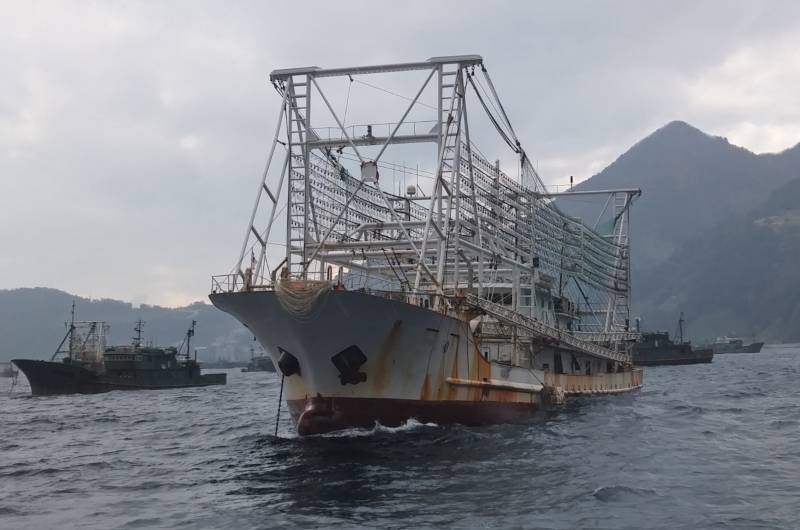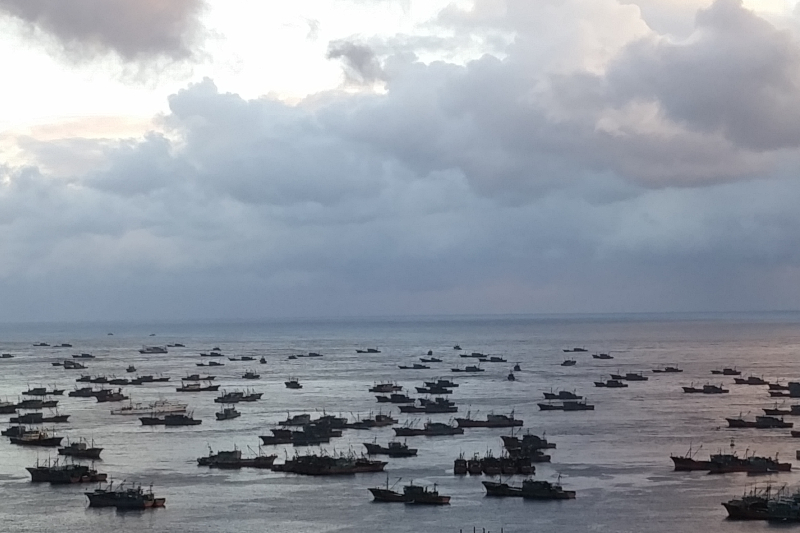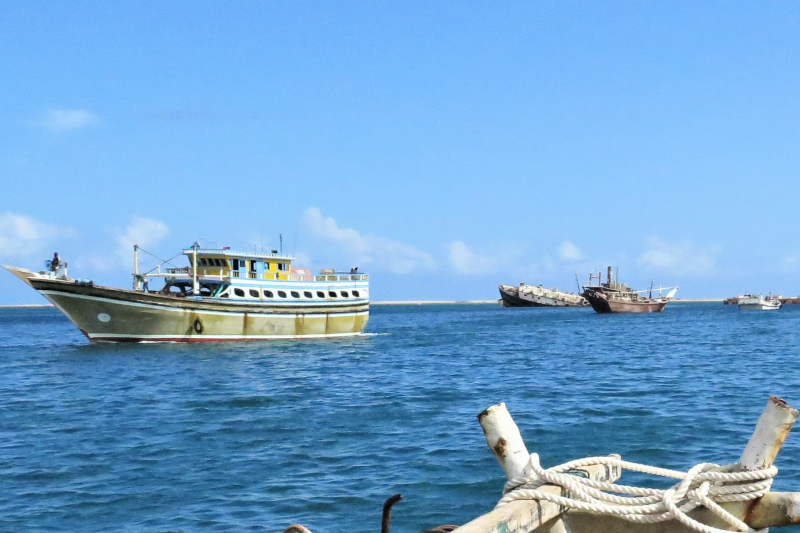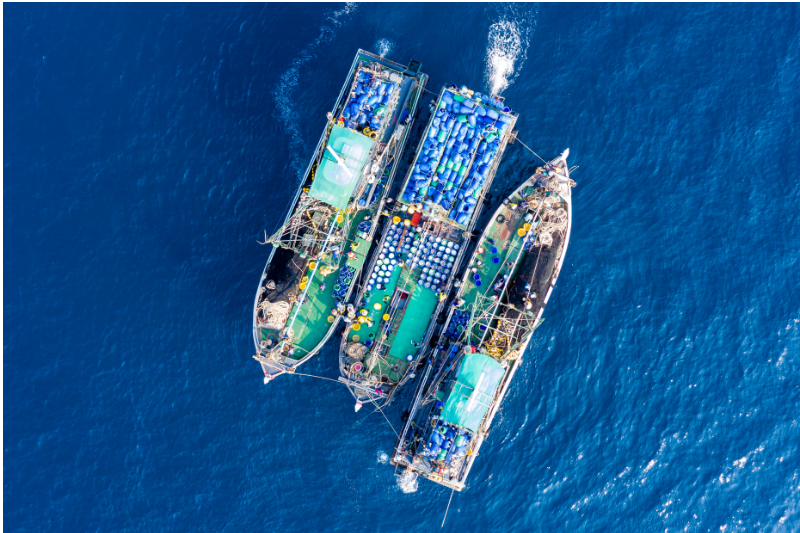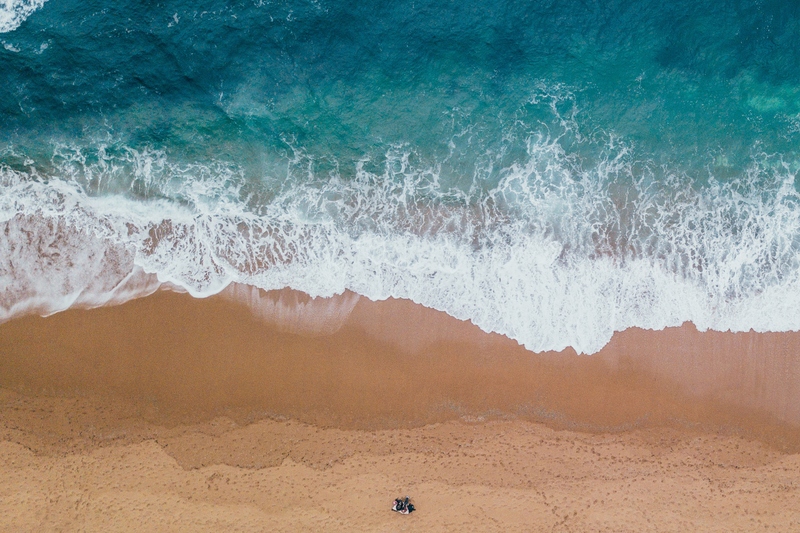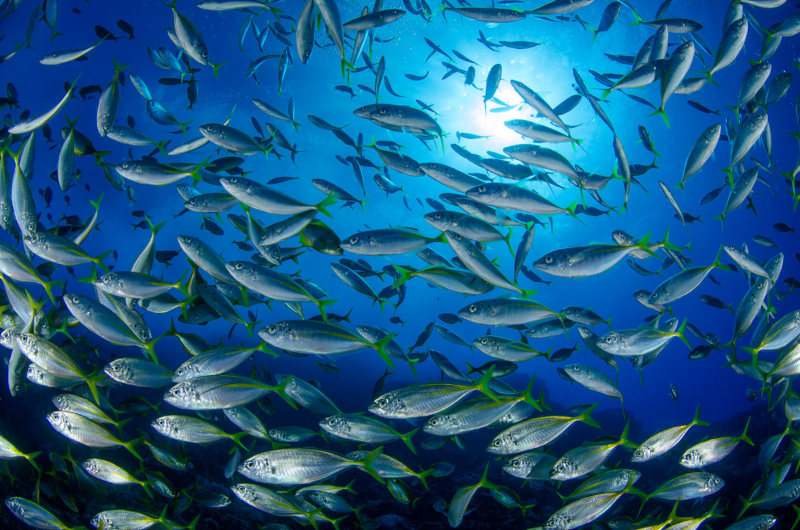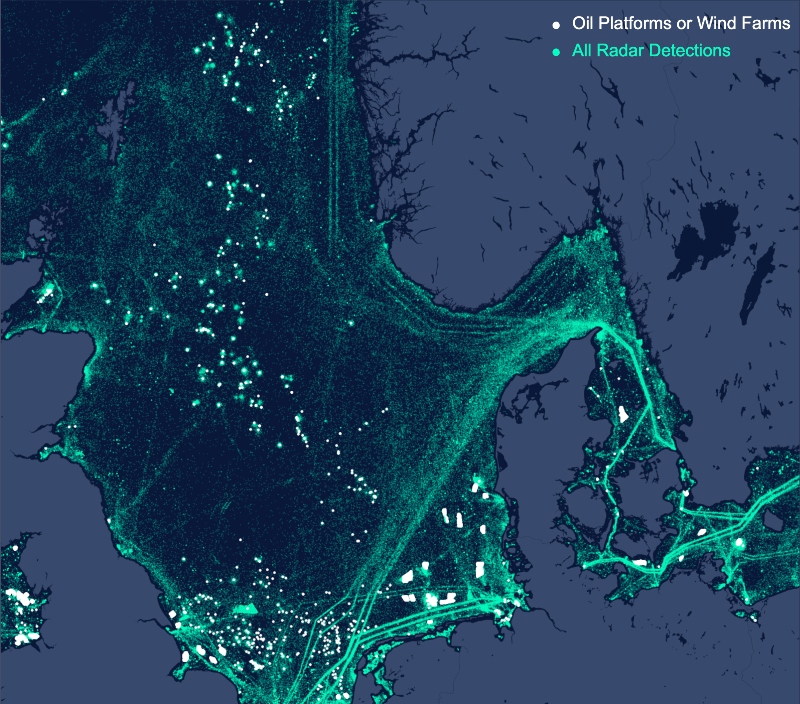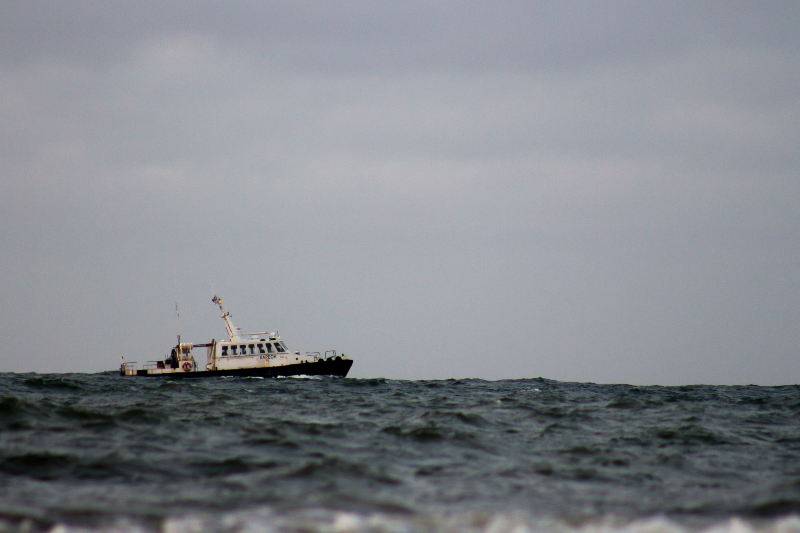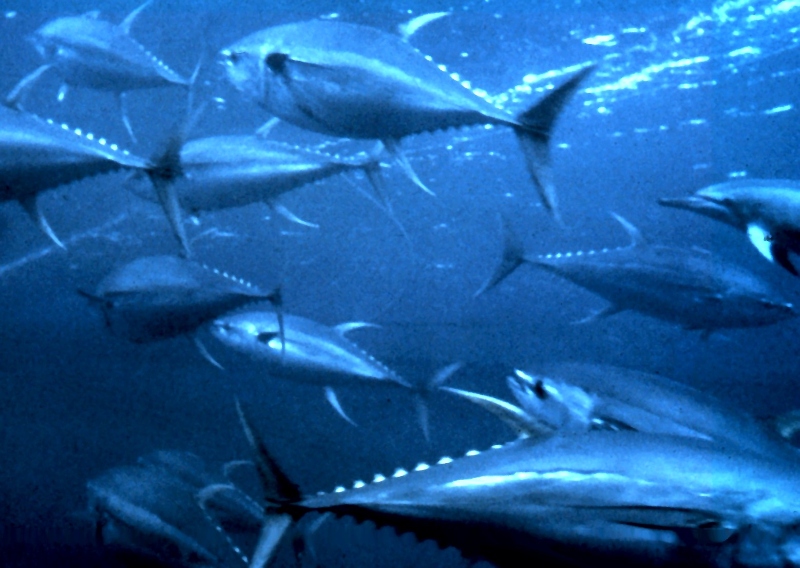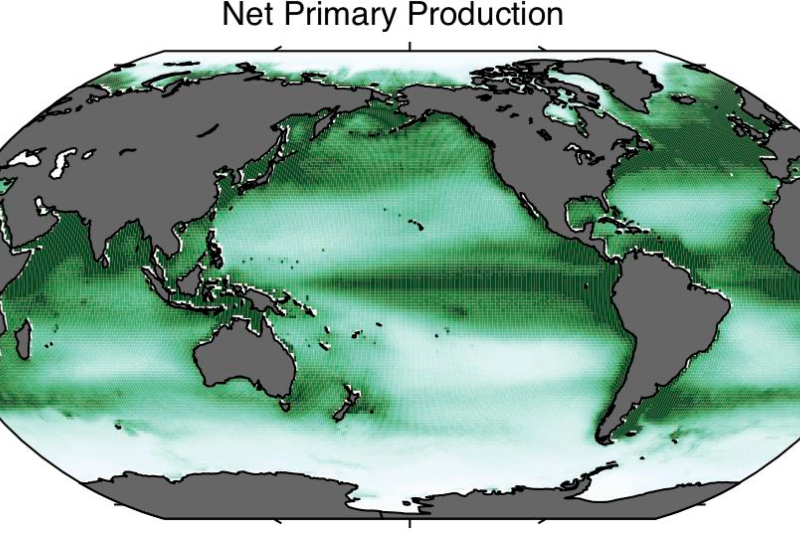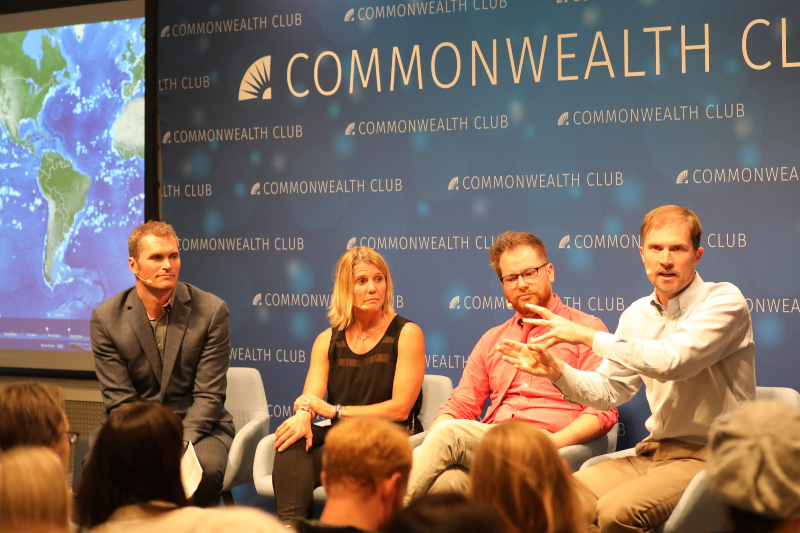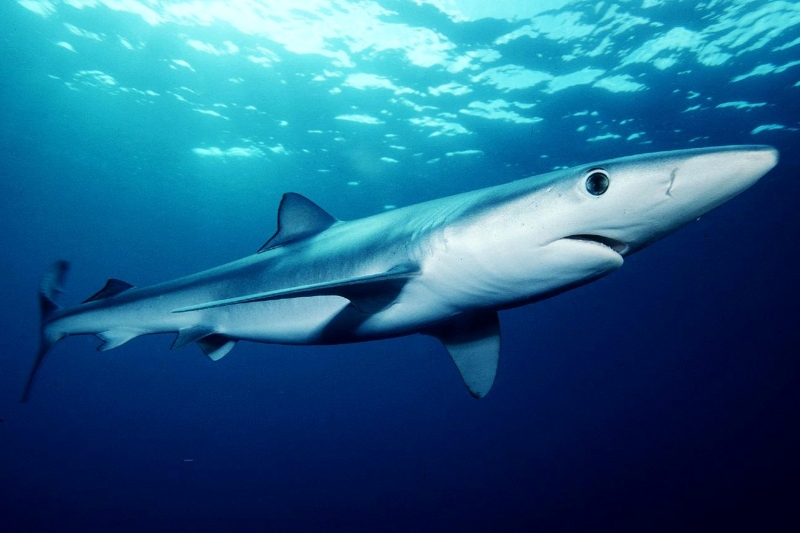Global Fishing Watch Data Reveals Ships Speed through Endangered Whale Habitat
When we click ‘buy’ online or check out at a retail store, we don’t often think about massive ships moving our products across the ocean. Yet we are all connected to the marine shipping industry by the goods we use every day. As the connectors of the global economy, cargo ships move up to 90 […]
Global Fishing Watch Data Reveals Ships Speed through Endangered Whale Habitat Read More »
